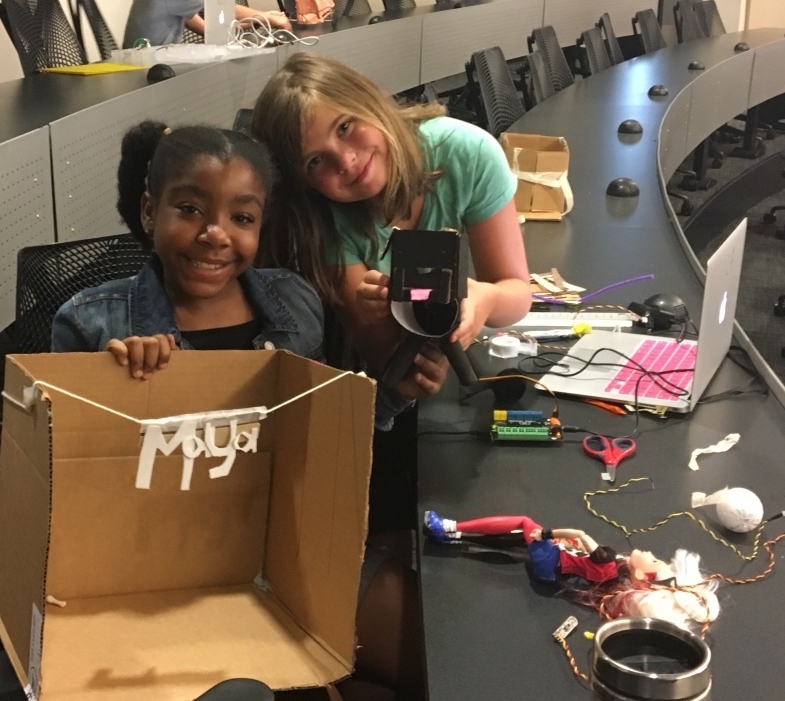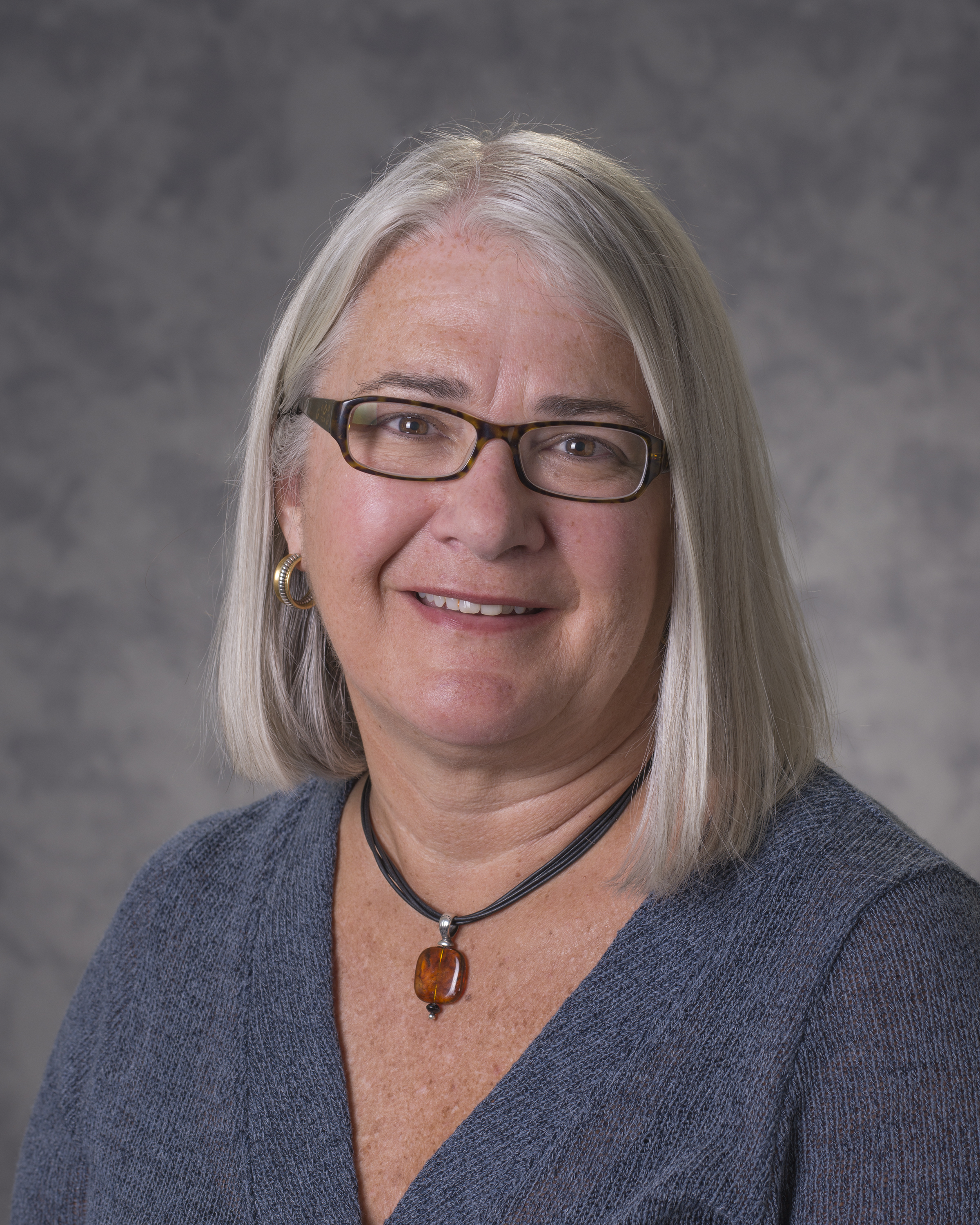
Apr 08, 2019 - Atlanta, GA
Editor's Note: This story by Susie Ivy appeared first today in the Provost's Office Website. The photo of CEISMC Executive Director Lizanne DeStefano was added for the College of Sciences website.
Effective immediately, the Center for Education Integrating Science, Mathematics and Computing (CEISMC) will become a unit within the Center for 21st Century Universities (C21U). Following a detailed assessment, including interviews with key stakeholders and a K-12 summit event in fall 2017, the organizational adjustment moves CEISMC out of its current structure within the College of Sciences.
“For many years, CEISMC has been leading Georgia Tech’s outreach to K-12 schools across the state and has a successful track record of enhancing the education in STEAM areas by developing innovative curricula, training teachers, and rallying the interest of students and parents,” said Rafael L. Bras, provost and executive vice president for Academic Affairs and K. Harrison Brown Chair. “The Georgia Tech Commitment to a Lifetime Education described in the report by Georgia Tech’s Commission on Creating the Next in Education calls for closer collaboration and integration of K-12 as part of a future of lifelong education. Discussions and studies indicated that this strategic goal will be better served with CEISMC responding centrally and closely integrated within our education innovation ecosystem.”
The CEISMC mission is to serve as a connection point between Georgia Tech and the K-12 community through education research, outreach and teacher professional development, including management of the Georgia Tech K-12 Connection, an online portal of activities within various schools and units across campus that also supports requests for help from available for teachers, school administrators and district superintendents. Annually, CEISMC programs impact more than 39,000 students, 1,720 teachers, 74 school districts and 200 schools.
C21U functions as the research branch of the Office of the Provost at Georgia Tech, serving as a “living laboratory for fundamental change in higher education.” Now home to the Commission on Creating the Next in Education (CNE) Program Office, the C21U portfolio is expanding to include projects and support the research of teams working to redefine the entire pipeline of learning through development of next generation educational practices and technologies.
This expanded role reflects the vision set forth in the CNE report, further aligns both C21U and CEISMC with the future-oriented vision of the Institute’s Strategic Plan, and reflects the broad objectives outlined in the system-wide Comprehensive Administrative Review (CAR). While the missions of CEISMC and C21U will remain distinct in the new structure, the organizational consolidation allows for greater efficiency around general operations support, and enables CEISMC to be more visible and accessible to all colleges, schools, and external partners.
“CEISMC has a rich legacy of impactful partnerships with the public, private, and corporate sectors,” said Lizanne DeStefano, executive director of CEISMC. “Greater coordination of our K-12 efforts as a campus means that Georgia Tech can have on an even greater influence on the how students are supported on their journey to a future in STEM.”
DeStefano’s role as executive director of CEISMC will remain unchanged, but the move will result in a reporting line change from Interim Dean David Collard of the College of Sciences to Rich DeMillo, executive director of C21U and the CNE Program Office.
“CEISMC’s long-standing mission to prepare the next generation of STEM learners is one of the major tenets of the ‘Georgia Tech Commitment,’” said DeMillo. “CEISMC was a core contributor to the CNE report, where the bold idea of the Commitment was first conceived. Together with C21U and the CNE Program office, we can take deliberate steps towards making the Commitment a reality.”
